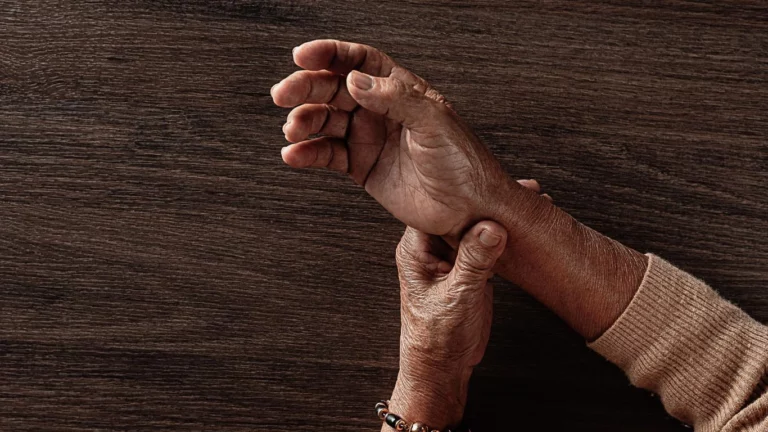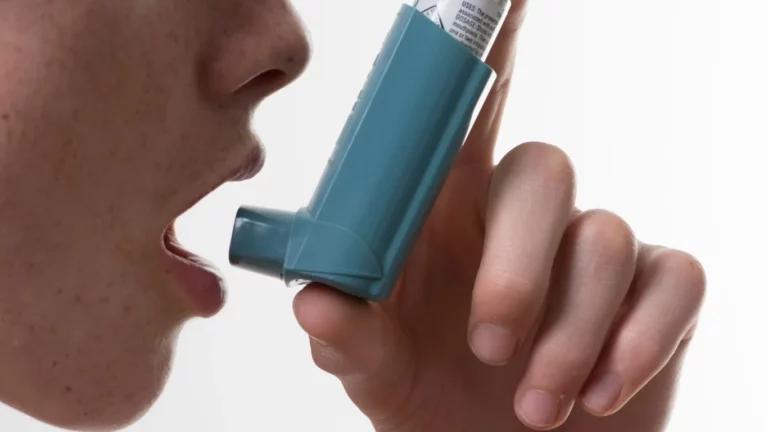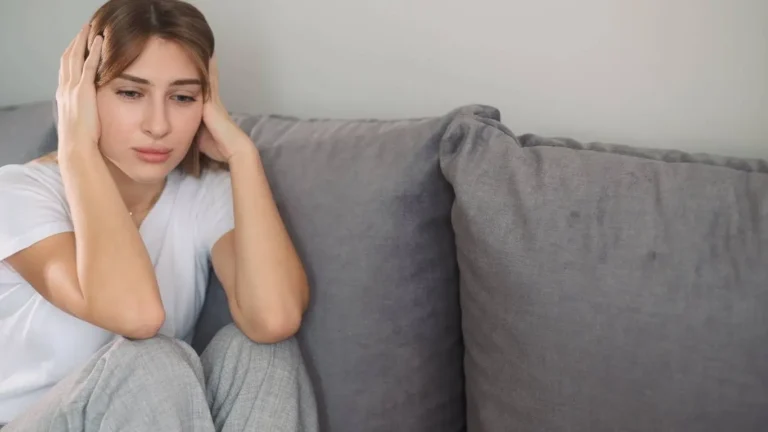The Hidden Dangers of Untreated Hypertension: Why You Must Act Now
Let’s talk about something serious but often ignored—the long-term effects of untreated hypertension. If you’ve been diagnosed with high blood pressure (or even if you suspect you might have it), but you’ve been brushing it off, I need you to hear me out. As a hypertension specialist, I’ve seen firsthand how neglecting this silent killer can lead to devastating consequences. Trust me, I’ve had patients who thought they could “feel” when their blood pressure was high—only to end up in the ER with a stroke. Hypertension doesn’t wait for you to take it seriously; it just keeps doing damage in the background.
What Happens When You Ignore High Blood Pressure?

High blood pressure is sneaky. It doesn’t always give you obvious warning signs, which is why many people live with it for years without realizing the havoc it’s wreaking on their body. But here’s the thing—it’s not just a number on a screen. If left untreated, it’s like a slow-burning fire inside your blood vessels, causing long-term damage that can affect every major organ in your body.
Your Heart Takes the Biggest Hit
One of the first places hypertension starts showing its ugly side is in your heart. Your heart is working overtime to push blood through narrowed, stiffened arteries. Over time, this can lead to:
- Heart failure: Your heart becomes too weak to pump blood effectively.
- Coronary artery disease: Those blocked or narrowed arteries increase your risk of a heart attack.
- Enlarged heart: Constant strain makes your heart muscle thicken, making it less efficient.
I once had a patient, a 42-year-old man, who came in for “just some fatigue.” Turns out, his heart was already enlarging because of years of untreated hypertension. He had no idea his heart was struggling until it was almost too late.
Brain Damage You Won’t See Coming
Your brain is highly sensitive to blood pressure fluctuations. High blood pressure can cause:
- Stroke: Blocked or burst blood vessels can cut off oxygen to the brain.
- Dementia: Reduced blood flow over time damages brain cells, increasing the risk of vascular dementia.
- Cognitive decline: Even without a full-blown stroke, poor circulation can lead to memory and concentration problems.
Hypertension-related strokes are one of the most heartbreaking things I’ve seen. The scary part? Many of these strokes could have been prevented if blood pressure had been managed earlier.
How Untreated Hypertension Affects Your Kidneys
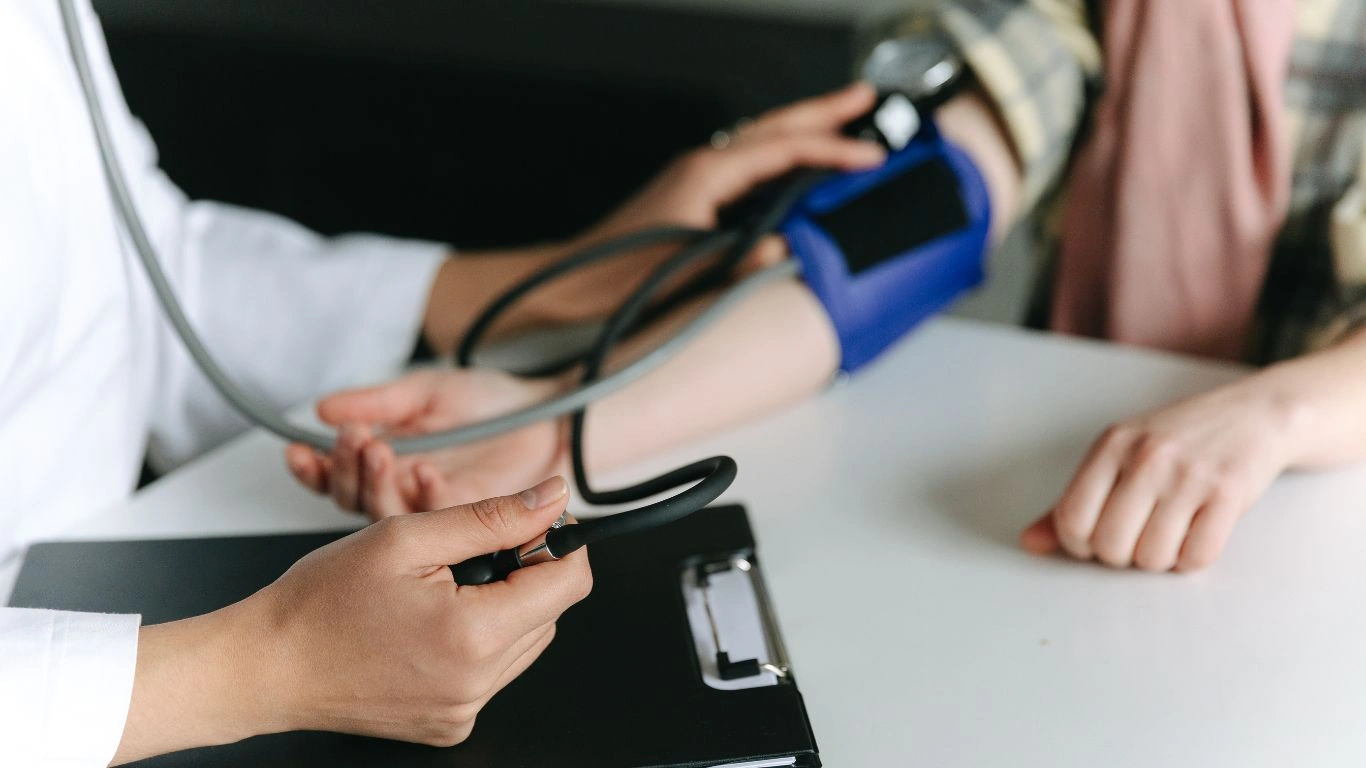
Your kidneys act as the body’s filtration system, and they are packed with tiny blood vessels. When blood pressure stays high, those delicate vessels take a beating. The result? Kidney disease. Many people don’t connect hypertension with kidney failure, but it’s one of the leading causes.
Signs Your Kidneys Are Suffering
Here’s where it gets tricky—your kidneys won’t send up distress signals until the damage is already done. But some red flags include:
- Swelling in your legs or ankles
- Frequent urination (especially at night)
- Fatigue and trouble concentrating
I had a patient who ignored his hypertension for years, thinking he felt “fine.” By the time he sought help, his kidneys were functioning at only 30%. He needed dialysis. It’s not something you want to go through.
The Silent Impact on Your Vision

Your eyes are another victim of high blood pressure. This is a lesser-known consequence, but hypertension can cause something called hypertensive retinopathy, which damages the blood vessels in your eyes.
Warning Signs of Hypertensive Retinopathy
Since vision problems creep up gradually, they’re easy to miss. Some signs include:
Most people don’t think about their eyesight when they hear “high blood pressure,” but I’ve seen patients suddenly realize they’ve lost part of their vision due to damage they never even felt happening. If you’re experiencing blurry vision or floaters, don’t wait—get your blood pressure checked.
Hypertension and Your Arteries: A Recipe for Disaster
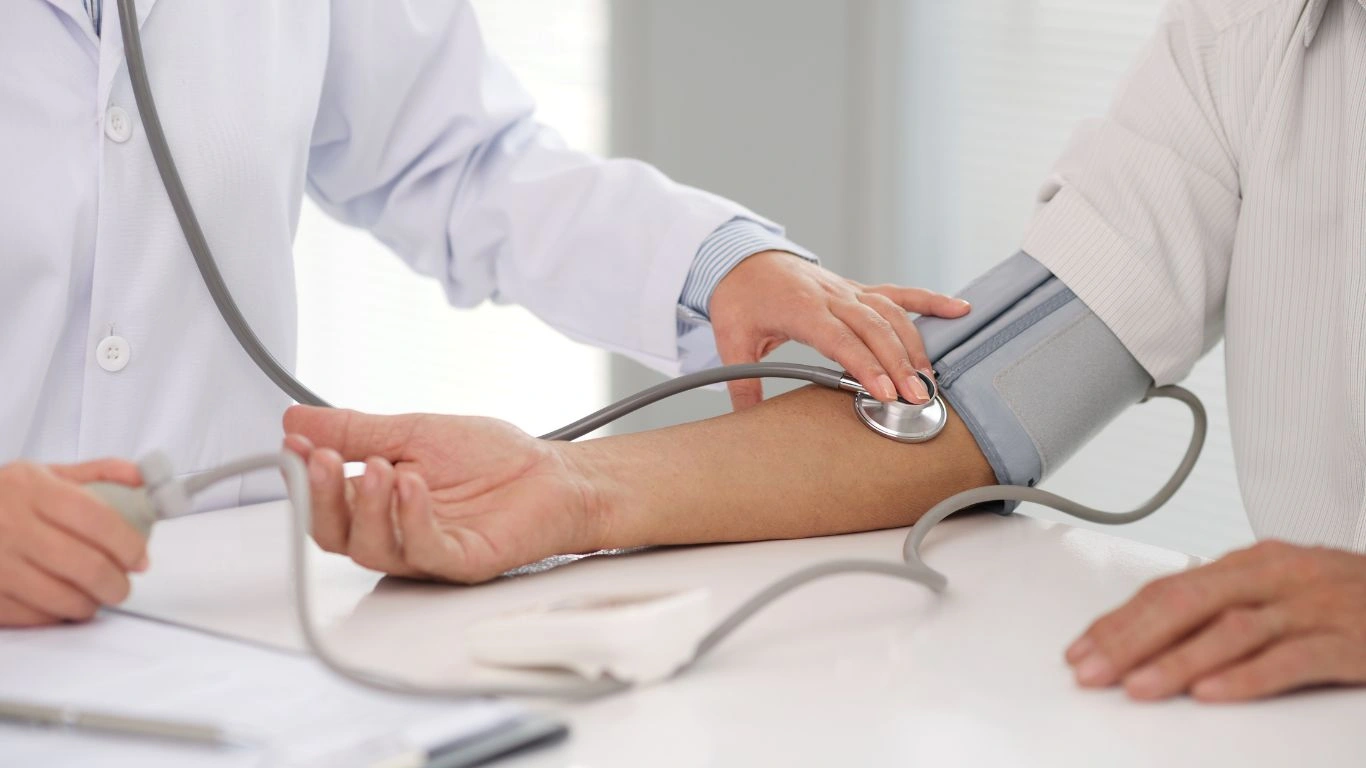
Your arteries are meant to be flexible and strong, but untreated hypertension puts them under relentless pressure. Over time, they become stiff and narrow, a condition known as atherosclerosis. This isn’t just about making it harder for blood to flow—it’s a ticking time bomb that can lead to serious complications.
Aneurysms: A Silent but Deadly Threat
Picture this: A weakened artery wall starts to bulge out like an overinflated balloon. That’s an aneurysm. If it bursts? It can be life-threatening in an instant.
Aneurysms can develop anywhere, but they’re especially dangerous in the brain and aorta. The worst part? There are often no symptoms until the rupture occurs. I’ve had to deliver the news to families that their loved one didn’t survive a sudden aneurysm rupture—something that could have been prevented with blood pressure control.
Poor Circulation and the Risk of Amputation
High blood pressure also messes with circulation, particularly in your legs. This can lead to peripheral artery disease (PAD), a condition where narrowed arteries reduce blood flow to your limbs.
- Leg pain while walking (known as claudication)
- Slow-healing wounds or ulcers
- Cold or numb feet
In severe cases, PAD can lead to tissue death, making amputation necessary. I’ve seen patients ignore leg pain until it was too late, only to end up facing the unthinkable—losing a limb.
Hypertension’s Toll on Mental Health
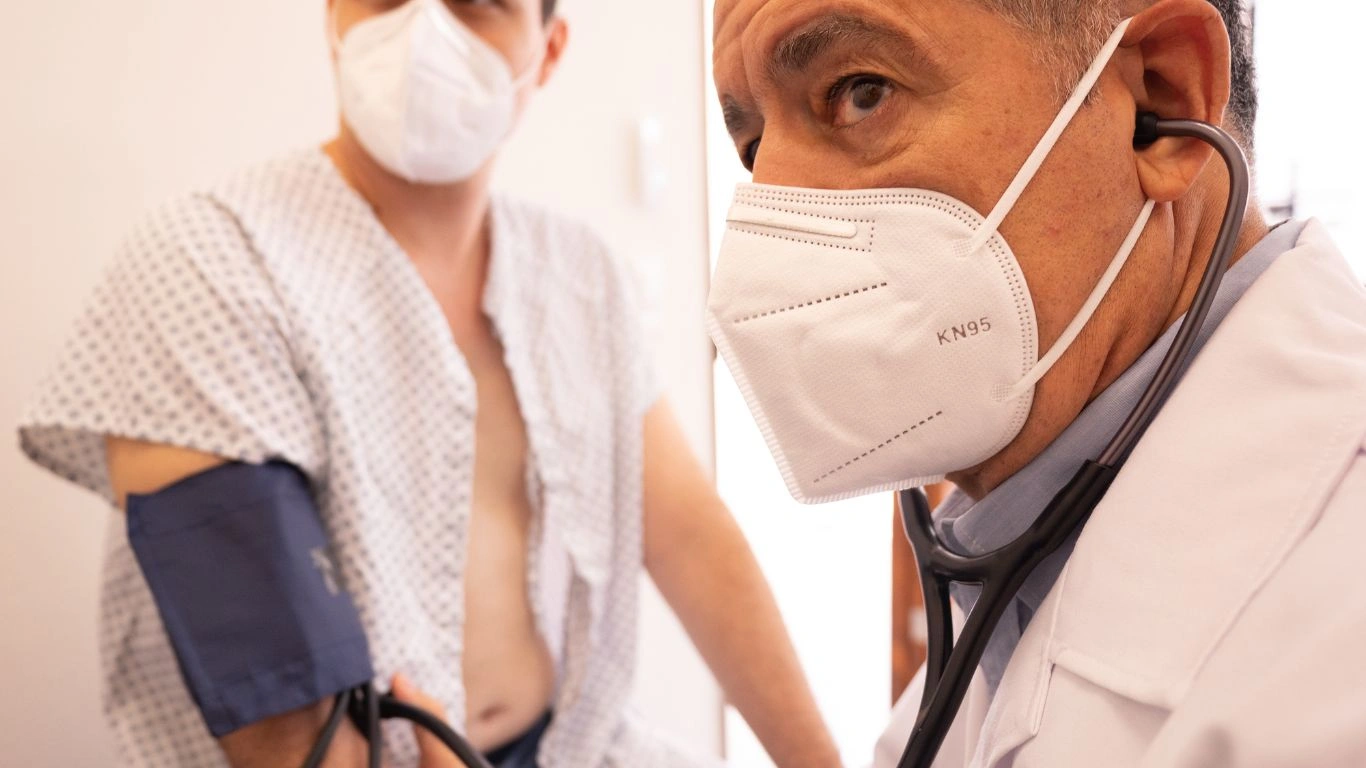
Most people focus on the physical effects of high blood pressure, but it also plays a significant role in mental health. The constant strain on your body doesn’t just wear down your heart and kidneys—it wears you down emotionally and psychologically.
Chronic Stress and Anxiety
Living with uncontrolled hypertension can create a cycle of stress and anxiety. Your body is in a constant state of high alert, and that can lead to:
- Frequent headaches
- Difficulty sleeping
- Increased irritability
I’ve had patients tell me they feel “on edge” all the time, unable to relax. Once we got their blood pressure under control, they were shocked at how much calmer and more balanced they felt.
Increased Risk of Depression
Hypertension doesn’t just cause stress—it can also increase the risk of depression. Studies have shown that people with high blood pressure are more likely to experience mood disorders. This may be due to reduced blood flow to the brain, or simply the burden of living with a chronic condition.
If you’re feeling constantly drained, unmotivated, or hopeless, it’s not just “in your head.” Your body is sending distress signals, and your blood pressure may be part of the problem.
What’s Next? Taking Control of Your Blood Pressure
By now, it should be clear that untreated hypertension isn’t something you can afford to ignore. But here’s the good news—it’s never too late to take control. Even small changes can make a massive difference in preventing these long-term complications.
Key Steps to Protect Your Health
Start with these steps:
- Monitor your blood pressure: Regular checks at home or with your doctor can help you stay on top of your numbers.
- Adopt a heart-healthy diet: Cut back on sodium, eat more potassium-rich foods, and focus on whole foods.
- Exercise regularly: Even 30 minutes of brisk walking can lower your blood pressure.
- Manage stress: Meditation, deep breathing, and good sleep can work wonders.
- Take medications if prescribed: If lifestyle changes aren’t enough, don’t be afraid to take medication. It’s a tool, not a failure.
Hypertension is serious, but it’s also manageable. The key is not waiting until the damage is already done. Your body will thank you for taking action now.
Case Studies & Real-Life Examples

Let’s put all of this into perspective with real-life examples. I’ve seen patients who ignored their high blood pressure for years, believing they “felt fine.” But hypertension doesn’t care how you feel—it keeps working in the background, silently wreaking havoc.
The 50-Year-Old Who Thought He Was Invincible
One of my former patients, let’s call him James, was a 50-year-old man who never had a single symptom of high blood pressure. He was active, didn’t smoke, and rarely visited the doctor. But one day, he collapsed at work—massive stroke. Turns out, his BP had been consistently in the 160s/100s for years, completely unchecked. The stroke left him partially paralyzed, unable to return to work, and struggling with speech. The tragic part? A simple blood pressure check and medication could have prevented it.
A Young Mother Facing Kidney Failure
Another heartbreaking case was a 38-year-old mother of two. She was diagnosed with hypertension in her early 30s but never took it seriously. She always said, “I’ll deal with it later.” By the time she finally sought treatment, her kidneys were only functioning at 20%. She now needs dialysis three times a week—something that could have been avoided if she had managed her blood pressure earlier.
These are just two examples, but I see stories like this all the time. Hypertension doesn’t discriminate. Whether you’re young or old, ignoring it is like playing Russian roulette with your health.
Key Takeaways: What You Need to Remember
Let’s break it down into simple, key takeaways:
- Hypertension is a silent killer: You might not feel any symptoms, but it’s still causing damage.
- Your heart, brain, kidneys, and eyes are all at risk: Ignoring high blood pressure can lead to heart attacks, strokes, kidney failure, vision loss, and more.
- Regular check-ups can save your life: Monitoring your BP at home or with a doctor is crucial.
- Lifestyle changes work wonders: A healthy diet, regular exercise, and stress management can significantly lower your BP.
- Medication isn’t a failure—it’s a lifesaver: If your doctor prescribes BP meds, take them as directed.
The bottom line? Taking action today can prevent life-threatening complications in the future.
FAQs
Can I lower my blood pressure without medication?
Yes, in many cases! Diet, exercise, reducing sodium, and stress management can significantly help. However, some people still need medication, and that’s okay.
How often should I check my blood pressure?
If you’ve been diagnosed with hypertension, check it at home at least a few times a week. If it’s uncontrolled, check daily. And always follow up with your doctor.
What’s the ideal blood pressure reading?
A healthy BP is typically around 120/80 mmHg. Anything consistently above 130/80 should be monitored closely.
Is high blood pressure reversible?
For some, yes! If lifestyle changes bring your BP down, you may not need medication long-term. But for others, it’s a lifelong condition that requires proper management.
Bonus: Additional Resources or DIY Tips
Want to take control of your blood pressure naturally? Here are some extra tips:
- Eat more potassium-rich foods: Bananas, spinach, and sweet potatoes help balance sodium levels.
- Try deep breathing exercises: Just five minutes a day of slow breathing can lower BP.
- Limit alcohol and caffeine: Both can spike blood pressure, so keep them in moderation.
- Get quality sleep: Poor sleep is linked to higher blood pressure, so aim for 7-9 hours a night.
Taking small steps today can lead to big improvements in your health down the line.
Appendix: Table, References, Disclaimer, and Call to Action
Blood Pressure Categories (for Reference)
| Category | Systolic (Top Number) | Diastolic (Bottom Number) |
|---|---|---|
| Normal | Less than 120 | Less than 80 |
| Elevated | 120-129 | Less than 80 |
| High Blood Pressure (Stage 1) | 130-139 | 80-89 |
| High Blood Pressure (Stage 2) | 140 or higher | 90 or higher |
| Hypertensive Crisis | Higher than 180 | Higher than 120 |
References
Disclaimer
This article is for informational purposes only and should not replace medical advice. Always consult with your doctor regarding your health concerns.
Take Action Today
Don’t wait until it’s too late. Start monitoring your blood pressure, make small lifestyle changes, and talk to your doctor about the best plan for you. Your future self will thank you!

Dr. Gwenna Aazee is a board-certified Internal Medicine Physician with a special focus on hypertension management, chronic disease prevention, and patient education. With years of experience in both clinical practice and medical writing, she’s passionate about turning evidence-based medicine into accessible, actionable advice. Through her work at Healthusias.com, Dr. Aazee empowers readers to take charge of their health with confidence and clarity. Off the clock, she enjoys deep dives into nutrition research, long walks with her rescue pup, and simplifying medical jargon one article at a time.

